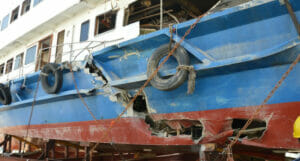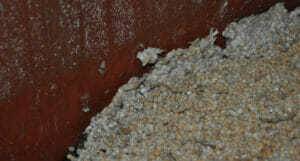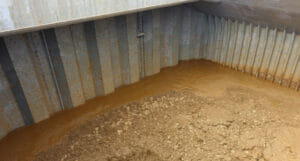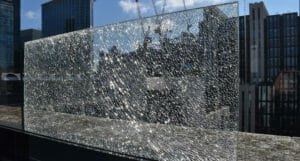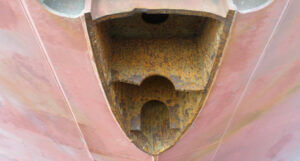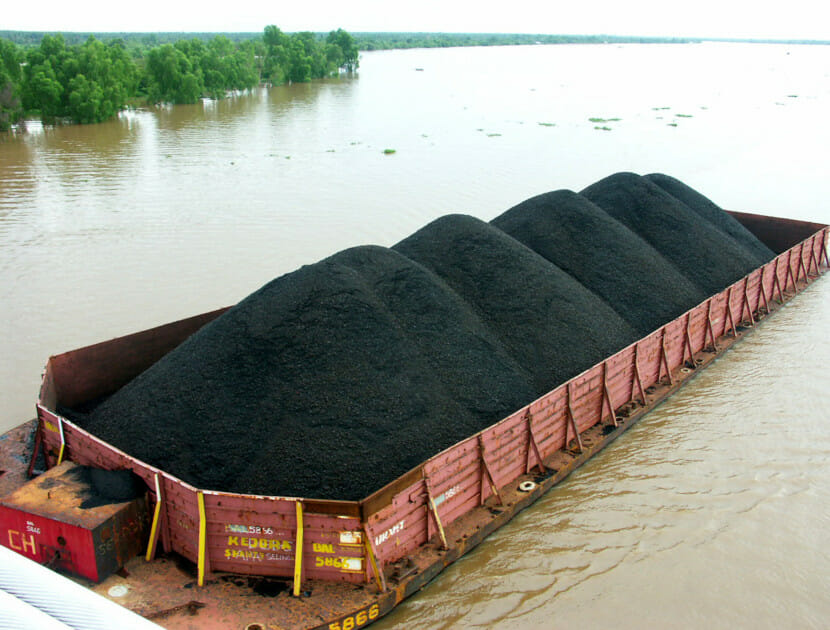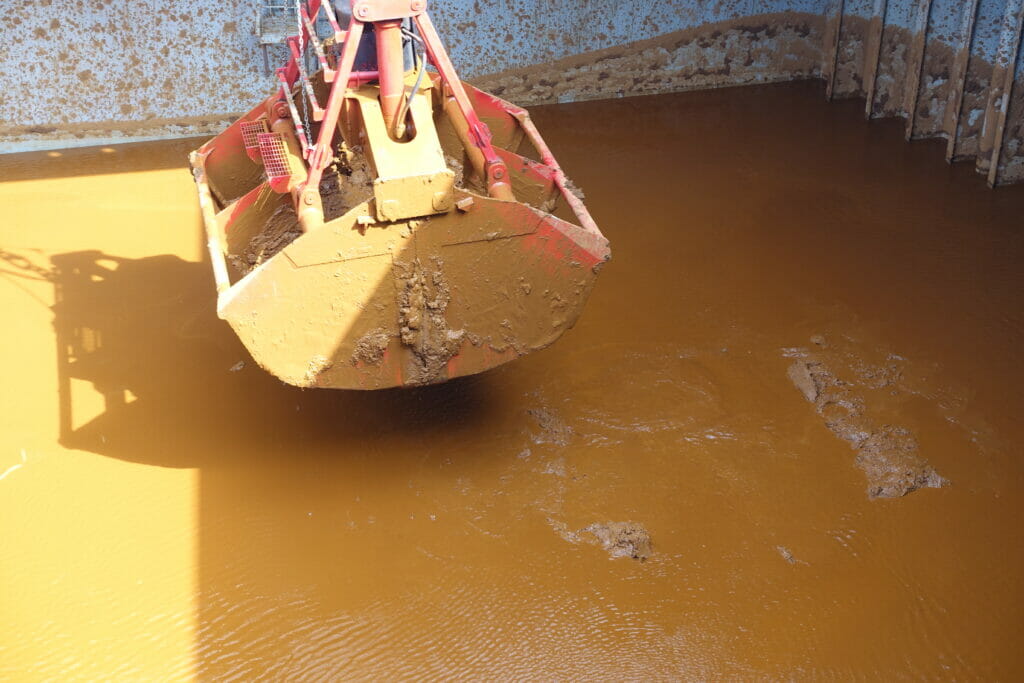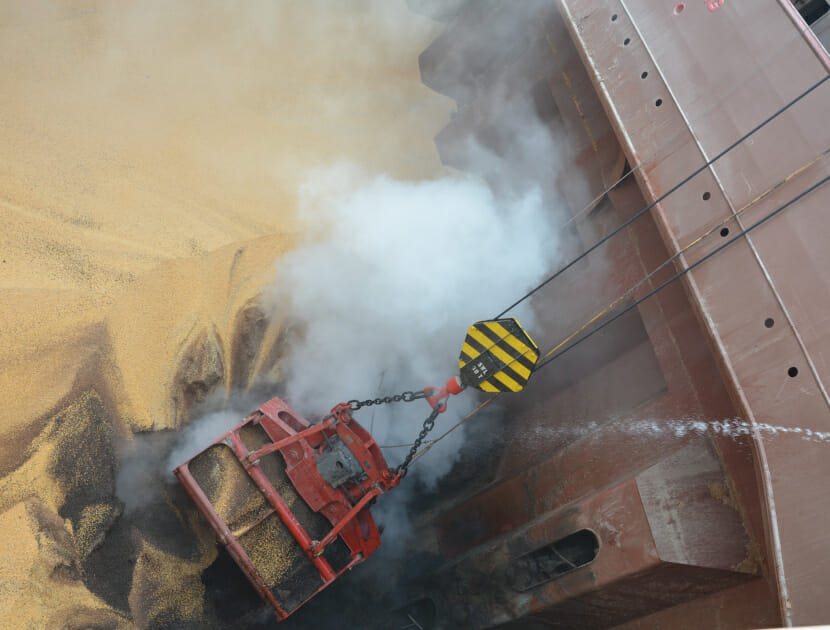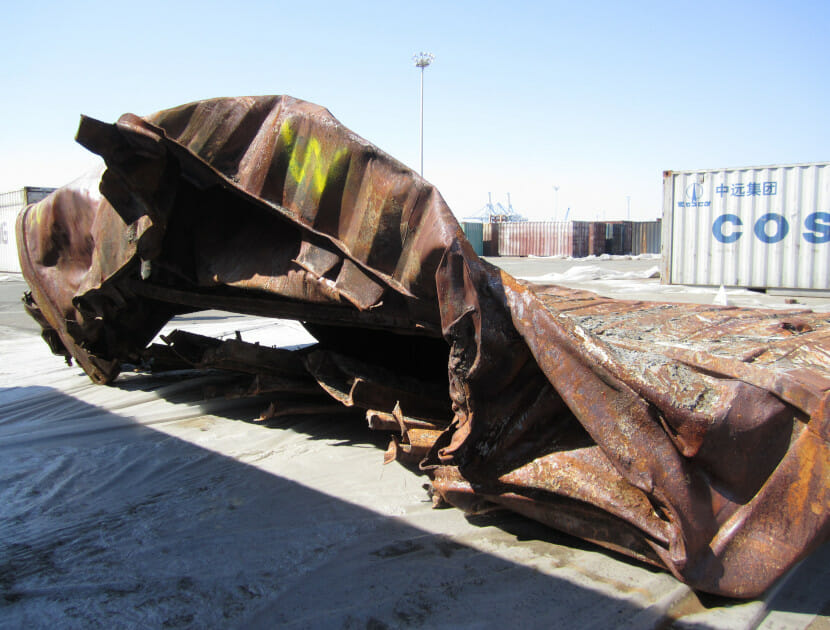Marine coatings are used to protect the external surfaces of the ship in addition to the internal surfaces of the cargo holds/tanks, and are applied to protect the underlying steel from abrasion and corrosion. These complex materials need to be durable and resistant to chemical attack, whilst at the same time flexible in order to accommodate the constant movement of the ship.
When coatings fail in service, they are generally related to the preparation of the substrate (steel), and/or the application and subsequent curing of the coating itself. On rare occasions, the coating formulation may not meet industry criteria. The failures can present in a variety of ways but are most commonly noted as delamination and blistering, both of which can result in the exposure of the steel substrate, resulting in great costs with regard to removal and re-application.
Our experts are qualified engineers and scientists, who are all experienced in the investigation of coating failures on board. We are competent in coordinating and overseeing the sampling of damaged coatings, and organising any necessary analysis in a third-party, independent laboratory, to assess the nature of the coating damage.
If one of your vessels suffers a coating failure, whether it be still at sea or at port, Hawkins Experts can attend promptly and have the necessary skills to assess the damage and investigate the cause.
WHY APPOINT A FORENSIC INVESTIGATOR?
We have the technical knowledge and experience to decipher the circumstances leading to a marine coating failure, and to advise on next best steps.
- We have an in-depth knowledge of the regulations and guidance that should be followed by technicians and engineers who prepare the various surfaces, apply the coatings, and oversee curing.
- We review working practices and coating management to identify areas at high risk of a fault.
- We offer guidance and/or help you define and develop good working procedures and practices to reduce the risk of marine coating failures occurring.
- We provide you with the answers you need to determine why an incident occurred and so assist in repudiation/cover decisions and fraud identification.
- Our experts are knowledgeable in a wide range of areas pertaining to coatings and can investigate all aspects of a coating failure, so you only need to instruct one expert, rather than several.
- We have our own laboratories for analysis equipped with powerful, state-of-the-art 3D microscopes.
- We support subrogation/recovery efforts.
- We help you to make decisions regarding where legal responsibilities/liabilities lie.
- We help you to defend wrongful claims.
- We produce reports suitable for Court and litigation.
- We provide consultancy advice to prevent similar events happening again in the future.
- If a risk cannot be removed entirely, we advise on suitable steps which can be taken, to mitigate the risk and reduce the potential damage resulting from an incident.
- We advise on servicing, maintenance and repair regimes.
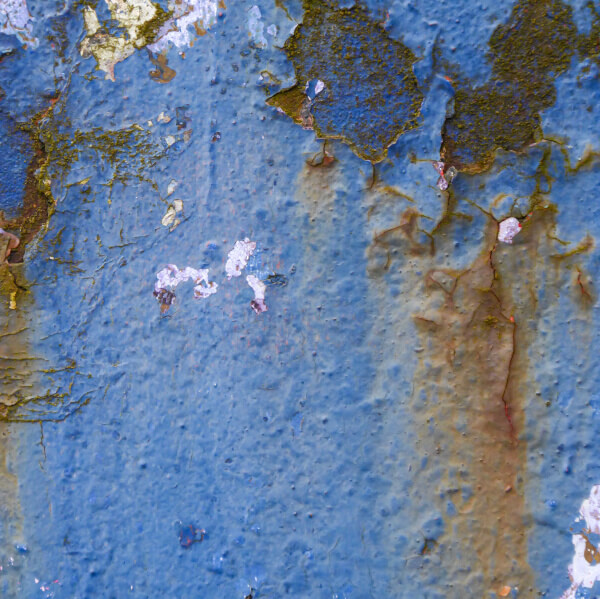
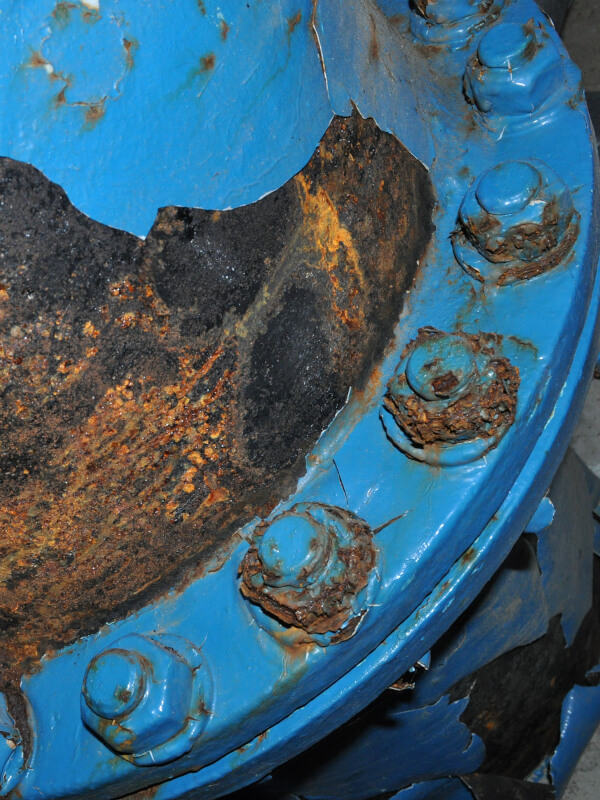

Get in touch
Our reporting is flexible and can be tailored to your needs, depending on the scale and urgency of the investigation. Our services range from a free consultation through to a full investigation including a court-compliant report for the support of legal action.
Whilst site attendance can be dependent on the safety and accessibility of a location, we normally schedule visits within one day of instruction. In circumstances where there is a more urgent requirement, we are often able to attend on the same day.
If you would like to discuss how we can assist you please fill out our enquiry form or call us for a free consultation.
HOW DOES HAWKINS INVESTIGATE MARINE COATING FAILURES?
1
Consultation
We like to speak to you before we conduct any work, to establish how we can add value to the case. These discussions help us to understand your requirements, as well as determining how much information is already available, including for example, service records, first-hand witness accounts, photographs, and videos. We are also happy to provide you with an estimate of the cost of conducting a forensic investigation.
2
Inspection
If required and with your agreement, we will arrange to visit the vessel to inspect the reported damage. Wherever possible, we will retain some samples for examination and analysis at an independent, third-party laboratory so that we can assess the nature and circumstances of the failure using low and high magnification microscopy and if necessary, chemical tests.
3
Conclusion
Case Study
IT WAS FINE DURING LOADING…
During discharge of an oil-based cargo, the tanks showed extensive blistering and corrosion along their internal surfaces. Reportedly prior to loading, the inspection showed nothing untoward.
Hawkins was asked to investigate the cause of the coating damage, and attended on board promptly to examine the internal surfaces of the tank. There was extensive blistering of the coating, which occurred in areas of the tank showing prior repair work.
Following a methodical document review, we found that the cargo was compatible with the coating, but the cause of failure was the mediocre, prior-repair work, rendering the coating unsuitable for carrying any further cargo. Hawkins was able to demonstrate that the repair and coating application guidelines were breached.

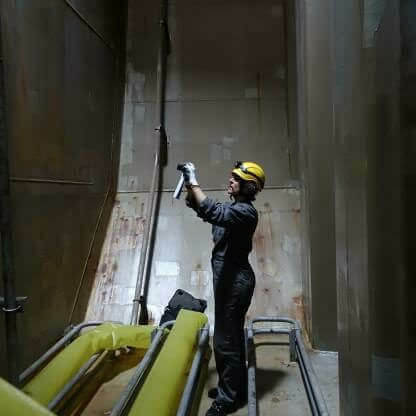
SPEAK TO ONE OF OUR EXPERTS
Testimonial
“Thank you for your superb effort in this case.”
Rhys Phillips
“Many thanks for turning out today at such short notice and providing the benefit of your expertise and knowledge. It was evident the Client was extremely relieved that this matter was being investigated expeditiously.”
Chaz Winterton
“I just wanted to say thank you for all your help and the information you found was of real insight. Thank you again for all your help.”
Stewart Hargreaves
“I just wanted to say thank you for all of your hard work preparing the Hawkins report. Please pass on my thanks to the rest of the team. We really appreciate the hours you have all put in and I know the client is pleased with your work.”
Philippa Jones
Related areas of expertise
Marine Engineering
The maritime and offshore engineering industry encompasses a wide range of disciplines and any incidents or losses can be complex in nature.
Cargo Spoilage
Many agricultural cargoes such as maize (corn), wheat, soybeans and seedcake are shipped in bulk. Such cargoes have a limited safe storage period before their quality deteriorates. The subject of storage of agricultural cargoes is a complex one with many variables to consider.
Liquefaction
Liquefaction can lead to a loss of stability in the cargo, upsetting the trim of the vessel. Extreme cases can cause capsize and foundering. Our experts are qualified engineers and scientists, familiar with the carriage of cargoes that can liquefy.
Materials, Chemistry & Biology
Our diverse range of skills and expertise spans across material failures, chemistry and contamination to plant pathology. We can identify why a material failed, how an incident occurred and determine root cause such as human error, a design or manufacturing flaw, poor material specifications or process implementation.
Materials Failures Onboard Ships
Materials failure is the inability of a component or assembly to function properly, as a result of its integrity being compromised. The most common failure mechanisms are corrosion, fatigue, ductile/brittle fracture, hydrogen embrittlement, creep and wear.



